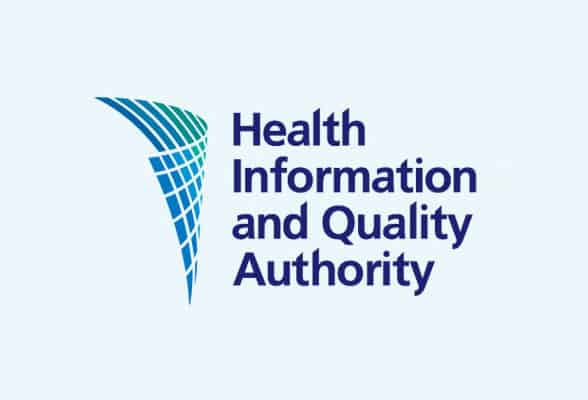HIQA has “no plans” to use covert surveillance in disability or older persons’ centres despite an independent review recommending that the UK Care Quality Commission (CQC) develop guidance on when it could be utilised in rare circumstances.
In 2019, following a BBC Panorama programme showing abuses of people with learning disabilities and/or autism at Whorlton Hall (an independent hospital in England), the CQC requested an independent review of its inspections of the facility, which has been authored by Prof Glynis Murphy, Professor of Clinical Psychology and Disability, University of Kent, UK.
The CQC conducted seven inspections of Whorlton Hall between 2015 and 2019, but did not identify abuses.
In her second report into the matter, published in December 2020, Prof Murphy stated that in some situations, the CQC should consider whether the importance of detecting abusive behaviour by staff merits the use of CCTV or other covert surveillance, despite the ethical issues associated with these methods.
“CQC should develop guidelines for when evidence of the quality of care (and the possibility of abuse) should be gathered from overt or covert surveillance,” according to the report. Overt surveillance may include a family member’s material, the provider’s material and that gathered by CQC.
Covert surveillance “is likely to be very rarely justified, but may be needed where there is a high likelihood that abuse is occurring (for example, repeated allegations of abuse) and no other way to gather the evidence”.
The report stated that research to date suggested that surveillance can be done ethically “provided it is person-centred, the least restrictive option, and done in the best interests of the service-user, not the staff. The right not to be abused surely trumps the right to privacy.”
In her first report, Prof Murphy also recommended the CQC consider using only unannounced inspections, including evening and weekend visits, for higher-risk settings.
According to the UK Independent, the CQC was drawing up plans on how it could use surveillance as part of a series of reforms.
Just over 70 per cent of HIQA’s inspections of disability residential centres in 2019 were “unannounced”, according to an annual review by the Authority.
It noted that the unannounced arrival of visitors can be a difficult experience for some residents and “in these circumstances, inspectors may decide to give advance notice of the inspection or modify the timings of inspections…”.













Leave a Reply
You must be logged in to post a comment.